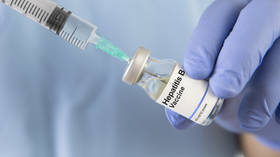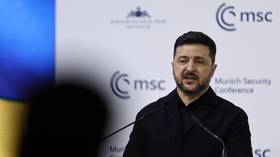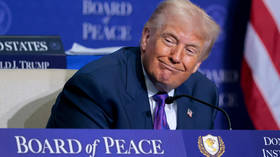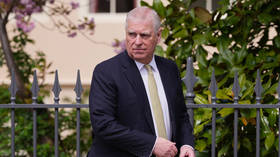Muscovites hopeful new mayor can win war against traffic jams
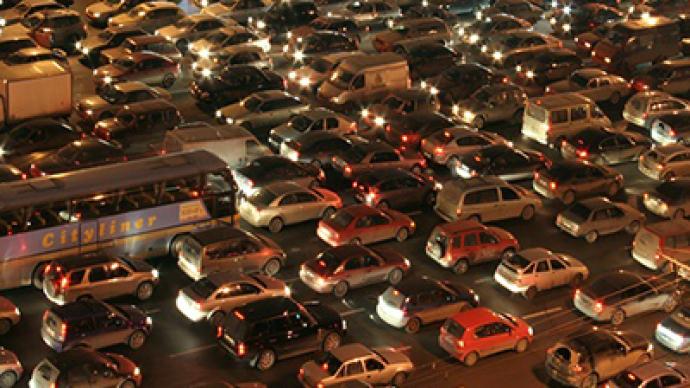
Moscow's new mayor has promised that tackling the city's dire traffic problems will be his first priority. Daily gridlock costs the city over a billion dollars annually – and there is also a huge cost to human health.
The time when Moscow‘s streets were empty is long gone. Nowadays the city’s traffic jams are notorious for being the world's longest.The city has become so congested the problem has been given top priority at top level.“The mayor’s plan has some good points – if at least half of them are realized, there are bound to be fewer traffic jams,” believes Yaroslav Scherbinin, head of Cab Driver trade union.That could save a cabby like Yaroslav up to three hours per day going nowhere – time no longer spent breathing in exhaust fumes.“Of course you won’t get a heart attack from one traffic jam. However, if it’s several times a day, for many hours, and add to that other adverse factors – and your body will wear out so much faster!” says doctor Evgeny Shaposhnikov.The problem appeared in the ‘70s and ‘80s when many of Moscow's major roads were planned. Back then, hardly anyone imagined a Moscow family owning two or even three cars. Despite all recent efforts, the speed of traffic has been dropping year on year. Experts blame it primarily on a severe shortage of space.“In Moscow over the past 50 years the amount of road building was far from fast enough. Can you believe that we have three times fewer roads than in Paris!” says Anatoly Ryabchinsky from Moscow Automobile & Road Institute.And lack of car parking forces drivers to ditch their cars on the sides of the already-congested roads.The new mayor’s draft plan suggests among others, road widening, tolls and removing most ground-level pedestrian crossings.Public transport also faces a major overhaul – slower trolleybuses will be chased out of the city center by faster alternatives. Russia’s very own Glonass satellite system will be used to monitor jams, while traffic cops will be replaced by automatic eyes.Now cameras and monitors cover only 40 per cent of the city – far from enough say police. The system needs to be updated and modernized, none of which can be done without a serious injection of cash.The mayor is now looking for ways to raise billions of roubles for the plan.Not everyone, though, is happy with the upcoming changes. A suggestion to ban trucks from the city during daylight has sparked protests from their drivers.“Night time should be for sleeping, not working. All normal people have rest at night. So should we,” says Vitaly, long distance truck driver.The time-saving move could end up costing people more. Retail companies in Moscow claim it would be impossible to deliver goods at night, while replacing large cargo trucks with many smaller vans would trigger a surge in prices.“Our guys don’t drive to the city on their own will. They burn their nerves and petrol too to provide for Moscow’s everyday life,” argues Valery Voitko from the trans-regional trade union Long-haul Trucker. “We hope they don’t think banning trucks will mean happiness follows, because it won’t.”But most traffic experts agree that the mayor’s proposals are reasonable, as long as it is not just a publicity stunt and the money is found to solve the problem. If Sergey Sobyanin succeeds, his name will shine in Moscow’s history.






